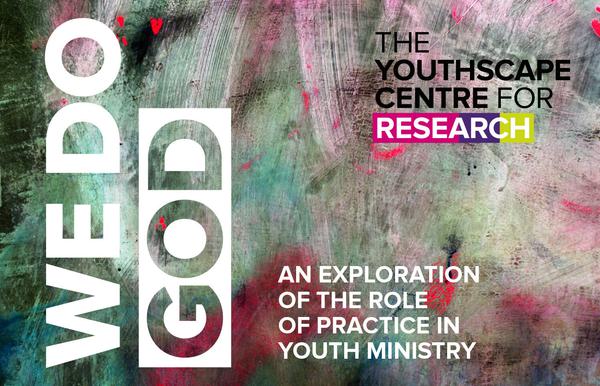Schools plan to return in September, but what of schools workers? Chris Curtis explores why they’ll be vital for young people as the Covid-19 crisis continues.
Christian youth and schools workers have visited and supported schools for decades now – as outside speakers, pastoral workers, non-curriculum activity providers and all kinds of other roles and responsibilities. We’ve taught RE lessons, run lunchtime clubs, mentored students and make bad jokes in countless assemblies.
The UK lockdown brought a swift end to much of that. But whether the return to full time education this Autumn will enable that work to resume is far from certain. Part of that, is that the nature of how education will resume is itself uncertain. Gavin Williamson, Education Secretary, today announced that having schools return to normal was “critical to our national recovery” and the intention is to have all students back full time in the new term – although year groups may be kept separate and it’s not clear whether all subjects will be taught. Any resurgence of Covid-19 infections over the summer may yet delay that, in some places at least.
Whether schools will want or welcome outside visitors is also unclear. Social distancing, tutor or year group ‘bubbles’ and other health concerns may make Heads apprehensive about having more people come into the school and working with staff and students. If your ministry involves visiting your local school, it seems the Autumn term at least will be anything but normal.
Pastoral & spiritual needs
That doesn’t mean there isn’t a vital need for what you have to offer. There is – and it’s likely to be even more urgent in the coming months. Schools and youth workers often provide significant resource towards the pastoral care of students – through one-to-one work, small groups and all kinds of innovative initiatives. We already know that the mental health needs of young people are a real issue from the impact of the Covid-19 pandemic. Early research indicates that key issues include anxiety about achievement and exams, bereavement, fear and uncertainty about impact of job losses on family, and concerns about socialising again. Youth work praxis is often brilliant at meeting those needs in ways that schools really value. If we can, we will have a huge part to play in supporting students dealing with these challenges.
Spiritual input will also be incredibly important. Schools with Christian ethos will want to create space for students to explore questions arising from what has happened, and provide space for reflection, prayer and perhaps lament. Visiting church ministers, schools and youth workers and others can play a key role in creating the right context for that to happen. Back in the aftermath of the terrible tsunami on Boxing Day 2004, we worked in Luton with several schools to create quiet spaces in schools with simple ways for students to respond. They were hugely helpful to young people of all faiths and none, as a way of expressing their prayers, questions, doubts and emotions.

Obstacles & opportunities
Sadly there’s a pecking order to subjects in our education system – something that many have pointed out is rooted in the industrial revolution and a now-outdated idea about what is and isn’t valuable in employment. Religious education and spiritual development have never been anywhere near the top of that list. It will be a huge loss if they are relegated further down the list of priorities as students return to school in September. That may limit opportunities for schools workers to contribute to the spiritual development of students.
If we can’t visit schools in person, then that doesn’t mean there is nothing we can do. Short and simple self-guided activities could be incredibly valuable for tutor times. If I was a schools worker, I might be thinking about offering schools a series of 20-minute classroom activities, perhaps even prefaced by an introduction on video. That kind of support may be helpful to hard-pressed teachers and allow the creativity and imagination of youth workers to impact students in new ways.
Like almost every other plan for the months ahead, flexibility will be key. What you deliver through a self-guided activity might suddenly be possible to share in a classroom or even a small socially distanced assembly group. Schools and youth workers will need to adapt what they have to say to the context quickly and effectively. So, think about what you want students to learn and experience and then be prepared to deliver that in multiple formats when the time comes. Schools work is going to be different, but perhaps there’s never been a moment when it could be more valuable.









